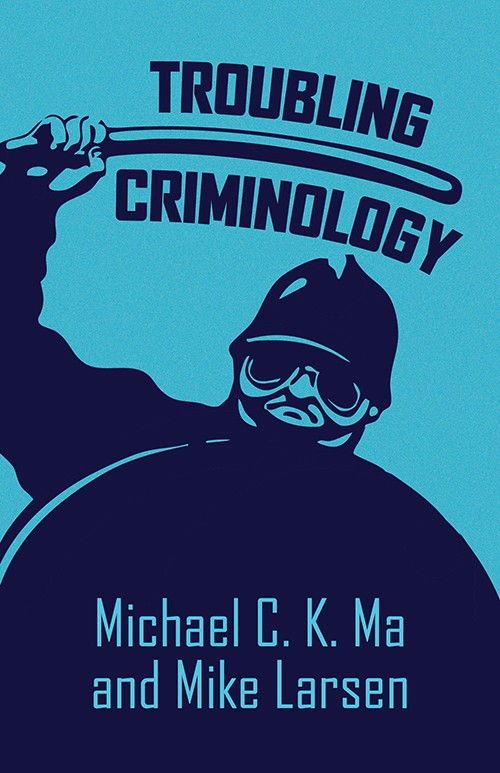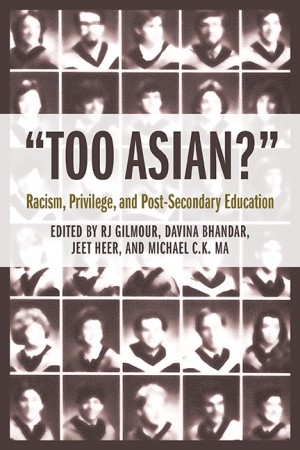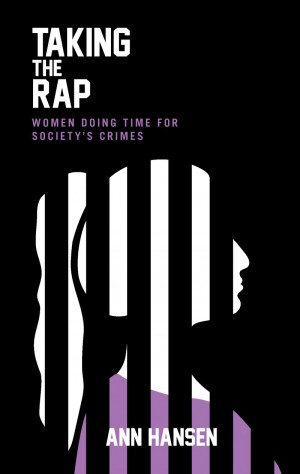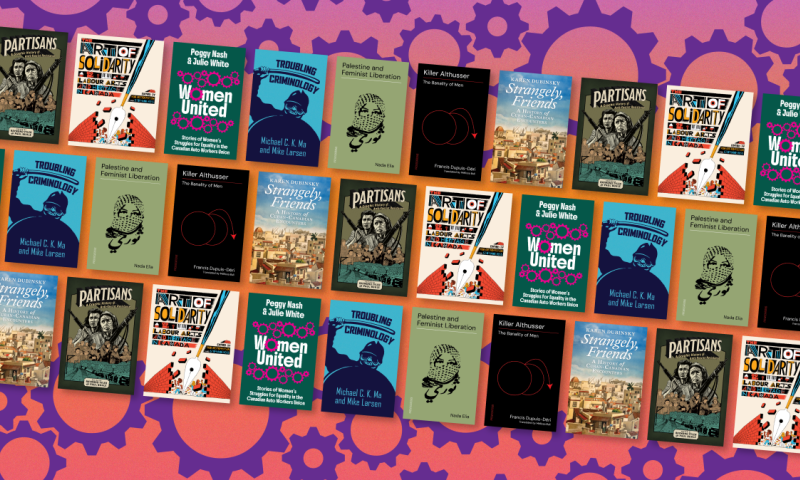
Troubling Criminology
Crime doesn’t happen in a vacuum, but in the complex world we all live in. In Troubling Criminology, professors Michael C. K. Ma and Mike Larsen untangle the discipline of criminology in a series of insightful conversations. Rather than presenting a fixed canon of knowledge, this book encourages readers to draw on their own experiences and perspectives, fostering dialogue and collaborative thinking. It examines how crime, justice, and deviance are socially constructed, shaped by historical and cultural contexts, and influenced by power, inequality, and systemic oppression. Perfect for students and educators alike, this book is not just a textbook—it’s an invitation to join an ongoing conversation about what criminology means today to help us envision a more just future.
Praise
“Troubling Criminology is a powerful and provocative invitation to think differently about crime, justice, and the institutions that surround them. Through an accessible and engaging conversational format, the authors model how critical dialogue can challenge taken-for-granted ideas, ask bold questions, and spark new ways of thinking. This book doesn’t just teach criminology—it inspires students and readers alike to join the discussion, interrogate assumptions, and explore the complex intersections of equity, freedom, punishment, and power. It is a refreshing and timely contribution that makes criminological questioning both accessible and essential.”
– Lisa Monchalin, Department of Criminology, Kwantlen Polytechnic University
“Troubling Criminology is a tour de force of dialogical investigation that challenges our core sense of the discipline and the validity of its aspirations. Ma and Larsen redefine the discipline not as a search for definitive answers but as a practice of unsettling the self-evident, interrogating the familiar, and engaging with the discipline’s programmatic commitments and epistemological foundations.”
– Dr. Wade Deisman, associate professor, School of Criminology and Criminal Justice, University of the Fraser Valley
“In this lively, engaging, and insightful dialogue, Ma and Larsen interrogate the assumptions and ideologies undergirding contemporary criminology. Eschewing a conventional textbook approach, the authors invite readers to draw upon their own experience to grapple collaboratively and critically with a wide range of topics: the complexity of crime causation; the impact of media and moral panics; and the role of power and culture in shaping the social order, constructing deviance, and normalizing social control. Troubling Criminology will fire the ‘criminological imagination’ of both new students and seasoned criminologists alike.”
– Greg Simmons, Department of Criminology, Kwantlen Polytechnic University
Contents
| Points of Departure | |
| 1. Right and Wrong | |
| 2. Fear of Harm | |
| 3. Media Representations | |
| 4. The Quest for Causation | |
| 5. The Counting Conundrum | |
| 6. Consent | |
| 7. Systems of Response | |
| 8. Criminalizing Inequality and Poverty | |
| 9. Racism | |
| 10. Troubling Criminology | |
| Notes | |
| Index |




